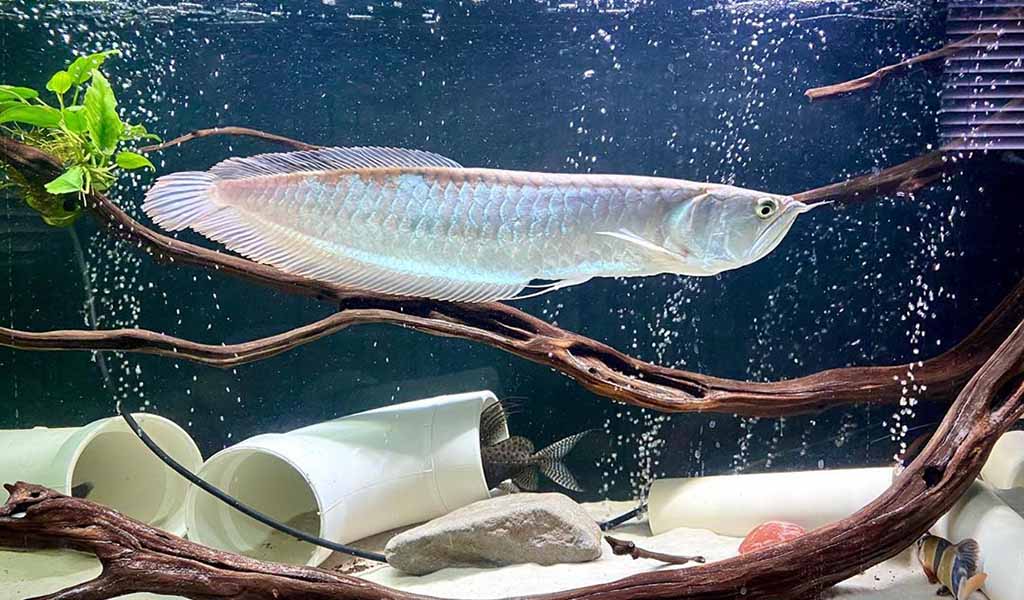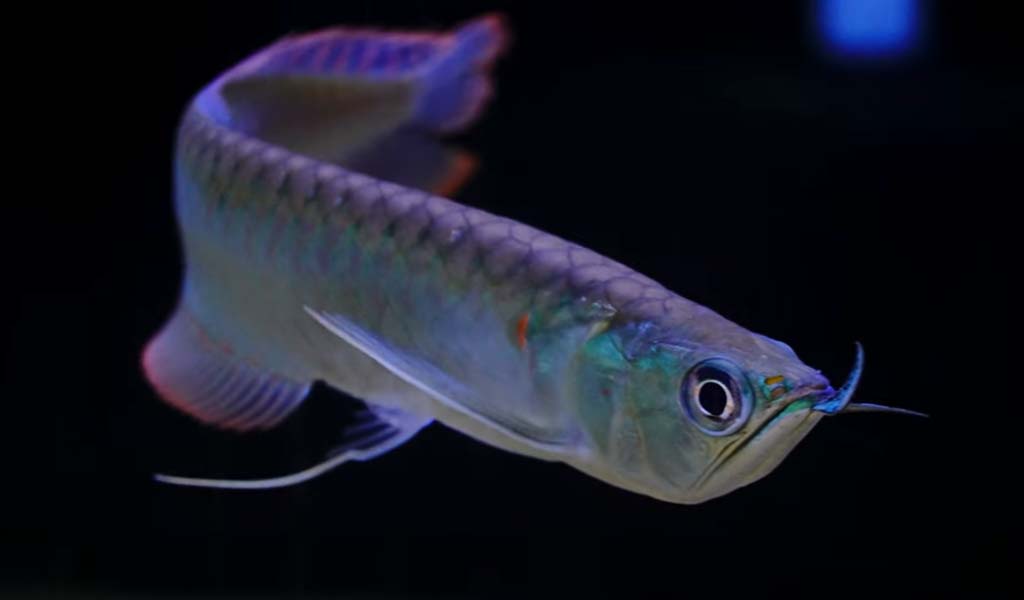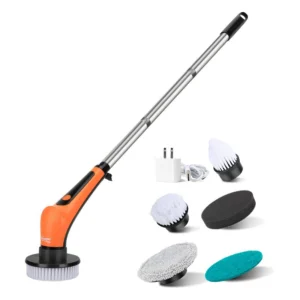Do you love fishing and owning a majestic silver Arowana but are confused by contradictory information about its care? You’re not alone. Most aquarists have some concerns regarding their silver arowana size, its lifespan, and where it is best placed. This blog offers comprehensive information and advice on how to take proper care of silver Arowana fish. Learn about feeding and housing your Arowana, their life cycle, and demystifying the sex of the fish.
Content Table

silver arowana
Silver Arowana Size
Silver arowanas are truly wonderful fish, famous for their large size and beautiful appearance. They are some of the most sought-after fish by experienced aquarists who would like to have an extraordinary centerpiece for their habitats. These creatures have long bodies, and silver-like skin, and seem to look deep into anything they focus on.
How Big Does Silver Arowana Get?
This is especially true when one considers the subject’s growth potential. It is possible for their adult size to change in various ways depending on genetics and living conditions, but commonly grow to sizes of 35 to 40 inches in length (89 to 102 cm). However, in favorable conditions, some of the species are known to grow to the mentioned size and more, with the silver arowanas accessing a maximum of 47 inches in the wild.
Ideal Tank Size
Due to their large size, silver arowanas should be kept in massive aquariums, which is a challenge for most keepers. It is desirable to allocate at least 200 gallons for the fish, but it is always better to provide more space.
Biggest Silver Arowana
The silver Arowana is a truly impressive fish. While typically reaching a maximum length of 0.9 meters (3 feet), there are documented cases of individuals growing as large as 1.2 meters (3.9 feet).
Full Grown Silver Arowana
Lifespan
Silver arowanas have very long lifespans; their average life expectancy is about 15–20 years. However, under the right circumstances and good care, they can go past this age and live up to their mid-twenties.
Growth Rate
This is a species of fish that can grow very fast, particularly when it is still young. Even though the growth rate differs based on diet, water quality, and genetics, a silver Arowana should grow over an inch within the first year. It gradually declines as they develop but remains progressive throughout their existence.
Full Grown Size
It is important to note that a common mature size for the adult silver Arowana is 35 to 40 inches (89 to 102 cm). However, some exceptional individuals can grow even larger, with reports of specimens measuring up to 47 inches (120 cm). However, it is crucial to mention that attainment of this maximum size is scarce and is achievable when natural conditions are optimal.

Silver Arowana care guide
Silver Arowana Care Guide
Caring for a silver arowana is a significant commitment due to its size and specific needs. Here’s a comprehensive guide to help you provide an optimal environment for your majestic fish.
Tank Setup
- Size: A minimum of 200 gallons is required, but larger tanks are ideal.
- Filtration: A powerful canister filter is essential to maintain water quality.
- Lighting: Low to moderate lighting is preferred. Avoid bright lights that can stress the fish.
- Decoration: A bare-bottom tank or a sparsely decorated tank with large, smooth rocks is recommended. Avoid sharp decorations that can injure the silver arowana.
- Lid: A secure lid is necessary as arowanas are notorious jumpers.
Water Parameters
| Temperature: 75-86°F (24-30°C) | Hardness: 1-8 dKH |
| pH: 6.0-7.0 | Ammonia, Nitrite, Nitrate: Maintain zero levels of ammonia and nitrite, and keep nitrate levels as low as possible. |
Diet
- Live food: Arowanas are carnivores and thrive on a diet of live food, such as feeder fish, crickets, and earthworms.
- Variety: Offer a varied diet to ensure optimal nutrition.
- Feeding frequency: Feed adult arowanas once or twice a day, depending on their size.
Behavior and Compatibility
- Solitary: Silver arowanas are typically solitary creatures and should be kept alone.
- Tank mates: Avoid tank mates, as they can stress the Arowana and lead to aggression.
Preventing Disease
- Water quality: Maintain excellent water quality through regular water changes and proper filtration.
- Quarantine: Quarantine the sick fish before introducing it to the tank to prevent the spread of diseases.
- Diet: A balanced diet helps boost the fish’s immune system.
Growing a Healthy Arowana
- Space: Provide ample swimming space for optimal growth.
- Diet: A nutritious diet is essential for healthy growth.
- Water quality: Pristine water conditions support growth and overall health.
- Patience: Arowanas grow at a steady pace, and it takes time for them to reach their full potential.

silver arowana size
How to Identify Male and Female Silver Arowana Fish
Unfortunately, determining the sex of a silver arowana is a challenging task. There are no reliable external physical characteristics to differentiate between males and females.
Internal Differences
While there are internal differences between the sexes:
- Females of silver arowana possess a single ovary containing around 20-30 large ova.
- Males of silver arowana have a single thread-like testis.
However, examining these organs would require handling the fish, which is highly risky and can be fatal.
Mythological Methods
There are various unproven methods suggested by hobbyists, such as:
- Mouth size: Some believe males have larger mouths to incubate eggs.
- Body shape: Claims that males have larger heads and more slender bodies, while females are stockier.
The Final Word
Taking care of a silver Arowana is a joyful but challenging task. Out of all the large, exotic fish species, they are exceedingly popular because of their stately and extraordinary features or attributes. Learning the particular needs of your Arowana regarding tank size, water quality, diet, and behavior helps create the ideal conditions for your fish to live. Please remember, that patience and persistence are the secrets to attaining a healthy and magnificent silver arowana. As for the determination of the sex of an Arowana, it is still an issue, but the crucial factor is giving overall attention to the care of the silver arowana fish.



Leave a comment